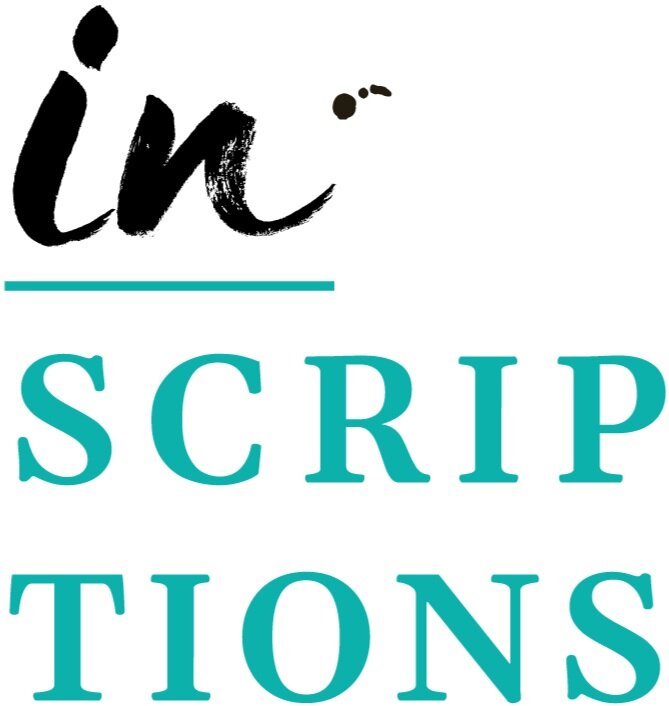Brought to you by

Brought to you by


Inspired by a Hebrew essay on dualism penned a century ago by the famed poet Chayim Nachman Bialik, Lisa Grant considers this COVID-19 moment from the perspective of ambivalences, ambiguities, dialectic tensions and diametric opposites. Leaning heavily on kabbalistic traditions, she suggests that this extreme time may force or encourage us to consider the extremes in our own personalities, communities and societies. She asks the provocative question: as we begin to re-emerge into our previous lives, can we avoid simply falling back into our tired old dichotomies?
In this careful and thought-provoking study of Jewish responses to biblical and rabbinic tragedies, Dr. Sarason traces a clear path for liberal Jews as they seek to acknowledge and confront the perilous and anxious experiences of the ongoing pandemic while showing the possibilities of Reform Judaism to offer comfort and tools for moving forward even in sorrow.
Recent years have seen the eruption of a fierce debate about the nature of truth, authority and verifiability. During these last months, this issue has taken on direct existential urgency. Scholar of the Jewish legal tradition Rabbi Mark Washofsky, Ph.D., offers insights gleaned from within the classical normative texts of that tradition as they relate to a question of life and death – should we listen to the advice of scientific experts?
In the year of mourning the tragic loss of her father, Wendy Zierler, Ph.D., began a practice of translating and teaching one Hebrew poem a week to the minyan with whom she recited Kaddish. When her mother died, almost a full year later, her practice continued, bringing comfort while she grieved her parents. The pandemic and its stay-at-home orders curtailed the way in which Kaddish was shared, but not the essential practice of choosing the weekly poems and finding the myriad ways they provided shape during an uncertain time.
William Cutter, Rabbi, Ph.D., has pioneered work on the nexus between health and Jewish texts for decades. In this essay he draws upon modern Hebrew literature as he considers the power of language to impart truth and to conceal it. Where illness strikes, Truth is often at a premium.
Rooted in her personal experience of COVID-19 and her expertise in prayer and spirituality, Merri Lovinger Arian offers this reflection based on Scriptural passages featuring centrally in Jewish liturgy.
In liturgy, ancient formulae intersect with current yearnings. These months have seen an outpouring of Jewish liturgical creativity. An expert in both ancient and modern expressions of Jewish liturgy, Rabbi Dalia Marx, Ph.D. offers an initial reading of some prayers still hot off the press. Will these prayers and others created in this time find their way into the lexicon of Jewish devotion?
Considering the lessons learned during earlier traumas and the strategies employed by some of the prophetic voices that accompanied Ancient Israel through them, this careful study by Abraham J. Berkovitz, Ph.D., highlights three approaches for making meaning and providing purpose in our current time of crisis.
In this essay Adriane Leveen, Ph.D., includes both analysis of Biblical themes and an account of reading ancient texts with contemporary students, kept apart yet brought together. Considered on these two levels, prophetic voices from antiquity resonate with especial force.
Well known in Israel as an author, poet, artist, teacher of rabbinic literature and public intellectual, Ruhama Weiss, Ph.D., offers a provocative and resonant reading of a Talmudic tale. Her interpretation connects the Sages of two millennia ago to the Pride Parade in contemporary Jerusalem, and many stops in between.